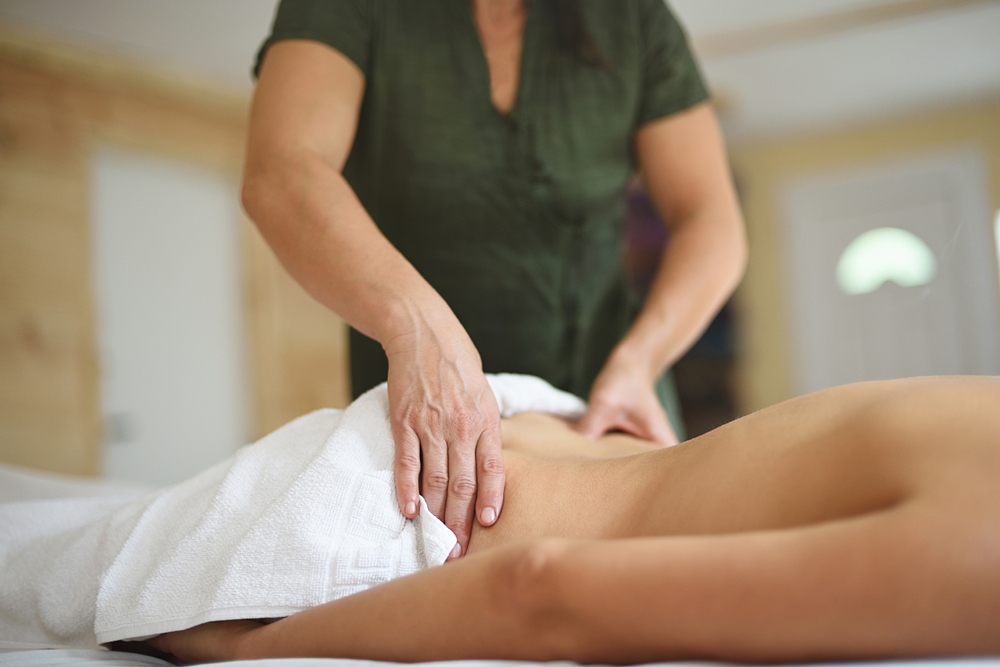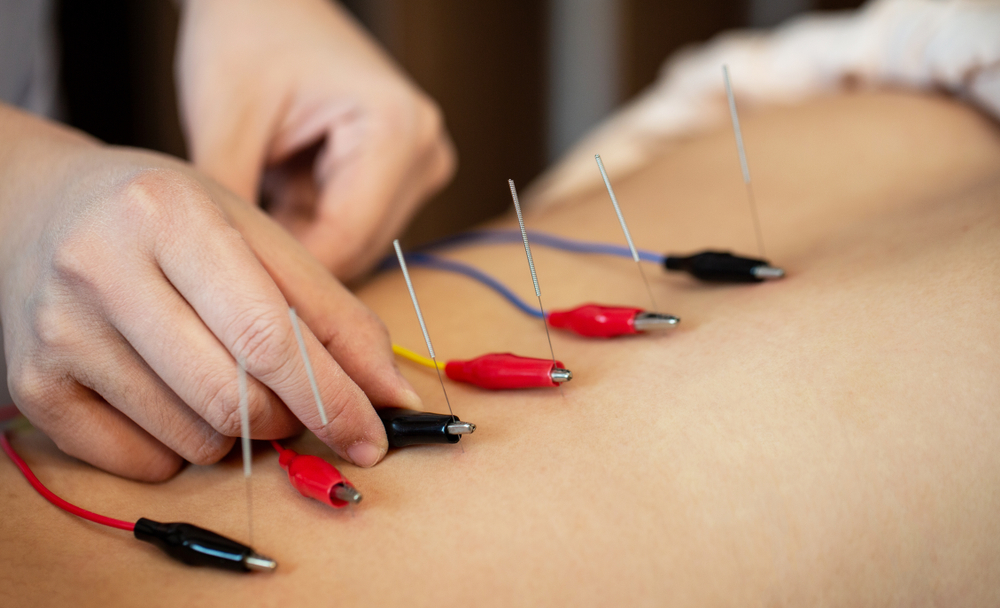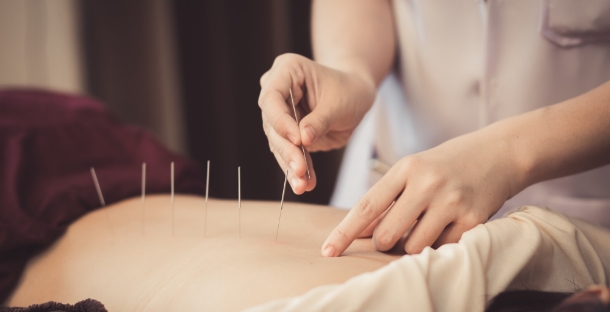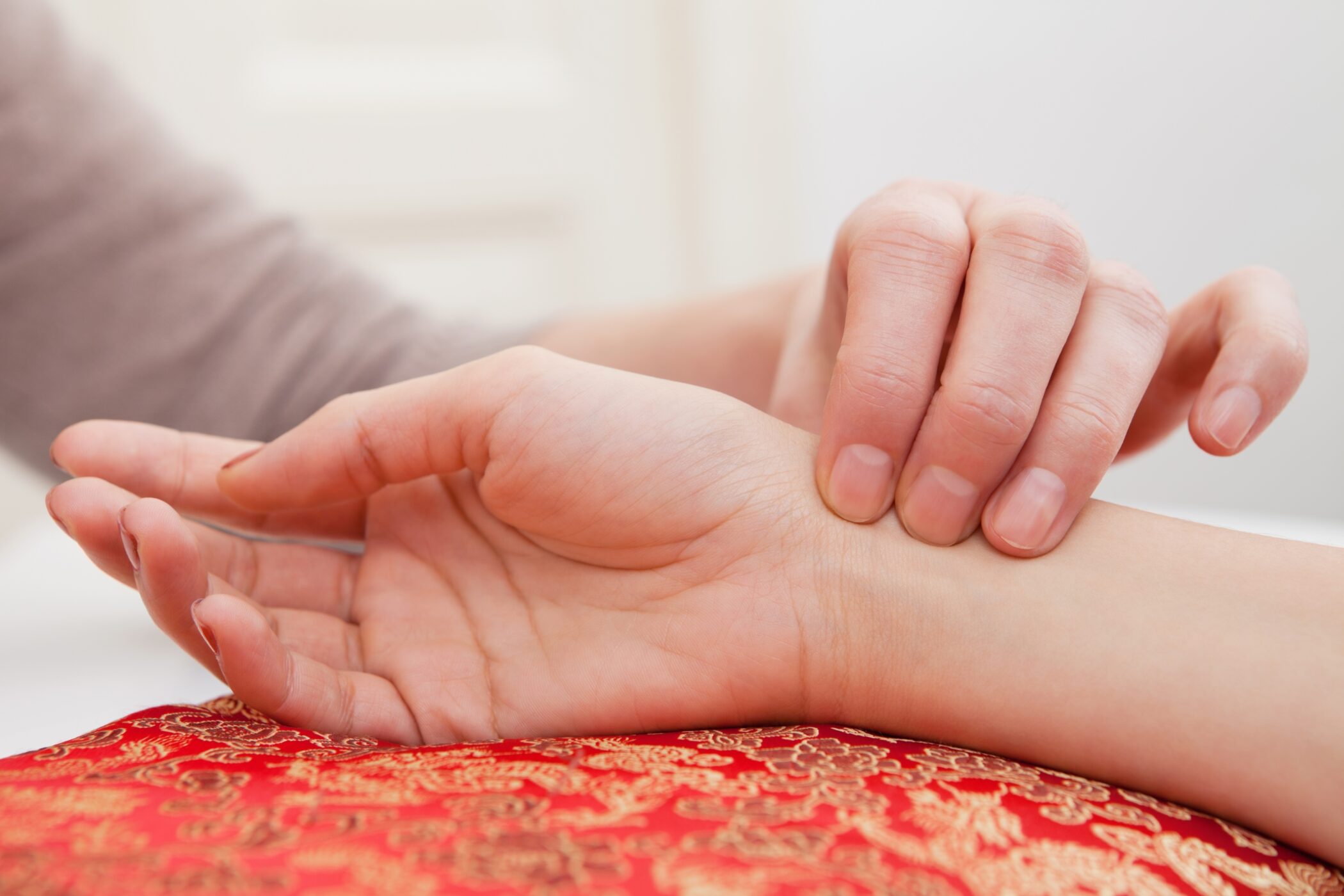
Treating Seasonal Affective Disorder (SAD) With Acupuncture
Seasonal affective disorder (SAD) goes by a lot of names, winter melancholy, winter blues, seasonal depression. Whatever you want to call it, it can make it a lot harder to get through the day. With the days becoming so short and the weather posing daily challenges, it’s hard not to feel the negative impacts. Many Canadians will experience SAD in their lifetime, and while there is no known way to prevent it, that doesn’t mean you have to suffer through it untreated. Acupuncture has a proven track record for treating a variety of mental illnesses like clinical depression and SAD.
What is seasonal affective disorder (SAD)?
Seasonal affective disorder (SAD) is a type of depression that tends to recur at the same time of year. It is most commonly experienced during autumn and winter, but some may experience it during the spring or summer. As this is a seasonal condition, symptoms typically resolve when we move into the next season. There is also a milder form of SAD, known as subsyndromal seasonal affective disorder, that is more common but less severe.
Common causes of SAD
The exact causes of seasonal affective disorder are still unknown. However, there are a few factors believed to contribute to the condition: your circadian rhythm, serotonin levels, and melatonin levels. The link between these three factors is the change in the amount of sunlight we get.
It’s theorized that the dramatic reduction in sunlight experienced in autumn and winter can disrupt our internal clock, which leads to feelings of depression. Likewise, how much sunlight we get impacts how much serotonin our brains produce. As serotonin is responsible for feelings of happiness and wellbeing, reduced production can cause depressed moods and sadness. Lastly, it’s believed that the season change can disrupt the balance of our melatonin levels. Melatonin is important to both our sleep patterns and mood. This disruption commonly results in symptoms of depression.
Symptoms
Seasonal affective disorder is closely related to major depressive disorder and bipolar disorder. Those who have either disorder, or ADHD are more likely to experience SAD than the general population. The symptoms of SAD are much the same as clinical depression. Those symptoms include:
- A persistent low mood
- Feelings of despair, guilt, and worthlessness
- Loss of interest or enjoyment in daily activities and hobbies
- Irritability
- Noticeable increase or decrease in appetite
- Feeling lethargic during the day
- Insomnia
- Oversleeping and difficulty getting out of bed
- Brain fog or difficulty concentrating
It is important that if you are experiencing any of these symptoms that you do not leave them untreated. While they will resolve with the season change, you deserve to feel better. If you or a loved one are in crisis, please visit talksuicide.ca or call the hotline (1-833-456-4566).
What is acupuncture?
Acupuncture is a branch of Traditional Chinese Medicine that uses very thin needles inserted into your skin to stimulate and regulate the flow of your vital energy or Qi (pronounced “chee”). Imbalance and stagnation of Qi manifest in the physical symptoms of illness and disease. These dysregulations of energy can be treated through applied stimulation of acupoints along natural pathways in your body called meridians.
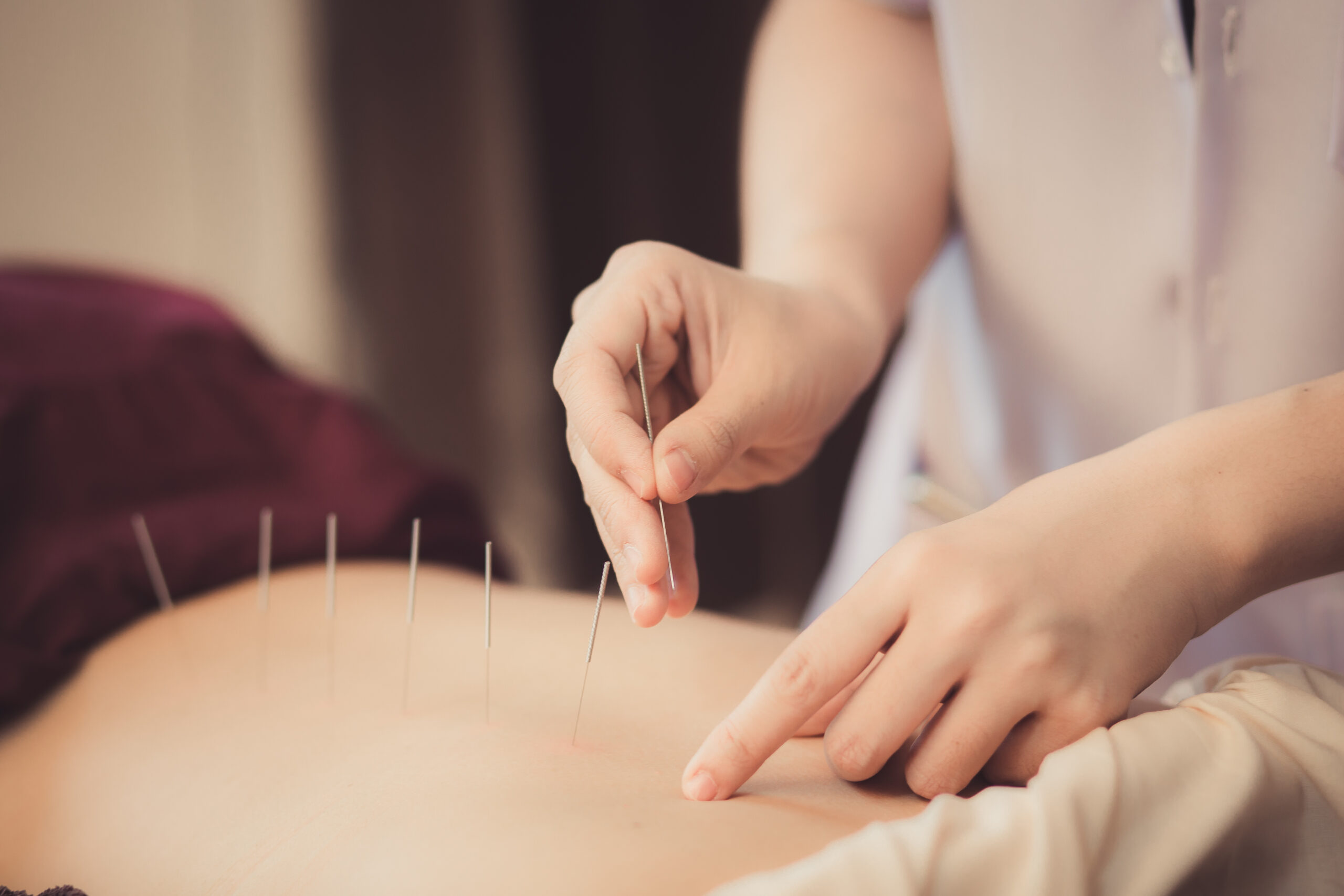
How can acupuncture help?
A big misconception about mental illness is that it’s something that happens entirely in your head, when in reality, mental illnesses are the result of very real processes occurring in your body. As mentioned above, SAD is believed to be the result of changes in the amount of certain neurochemicals your brain produces that impact mood and sleep quality. The reduction of these neurochemicals contributes to the symptoms of SAD.
Acupuncture is known to stimulate the production of neurochemicals like serotonin to elevate your mood and increase overall feelings of wellbeing. It also helps regulate cortisol, the stress hormone, which can be elevated during periods of depression and contributes to a number of SAD symptoms.
Another benefit of acupuncture is that it can help resolve sleep irregularities, which contributes to symptoms of insomnia, fatigue, irritability, lethargy, and oversleeping. Sleep plays an important role in both mood regulation and managing stress. Therefore, any improvement in sleep quality will help reduce the severity of symptoms you may be experiencing.
Other tips to help manage seasonal affective disorder
Since SAD is generally believed to be triggered by the lack of sunlight during the winter months, finding ways to get out into the sun and fresh air is recommended. When the weather is more often overcast than not, purchasing a sun lamp and spending time every day with it can help reduce the severity of your symptoms between acupuncture treatments.
Incorporating physical activity into your daily routine will also help with the symptoms of SAD and generalized depressive disorders. Making time to go for walks outside when the weather allows is also a great way to get your sunlight time in.
The winter season poses unique challenges for us all. For those who experience seasonal affective disorder, it can disrupt their quality of life and ability to perform daily activities. That doesn’t mean there’s nothing to do but wait out the season. Acupuncture is a very effective and non-invasive treatment for SAD. If you are struggling with wintertime blues, this is your sign to book an appointment to start feeling better!
